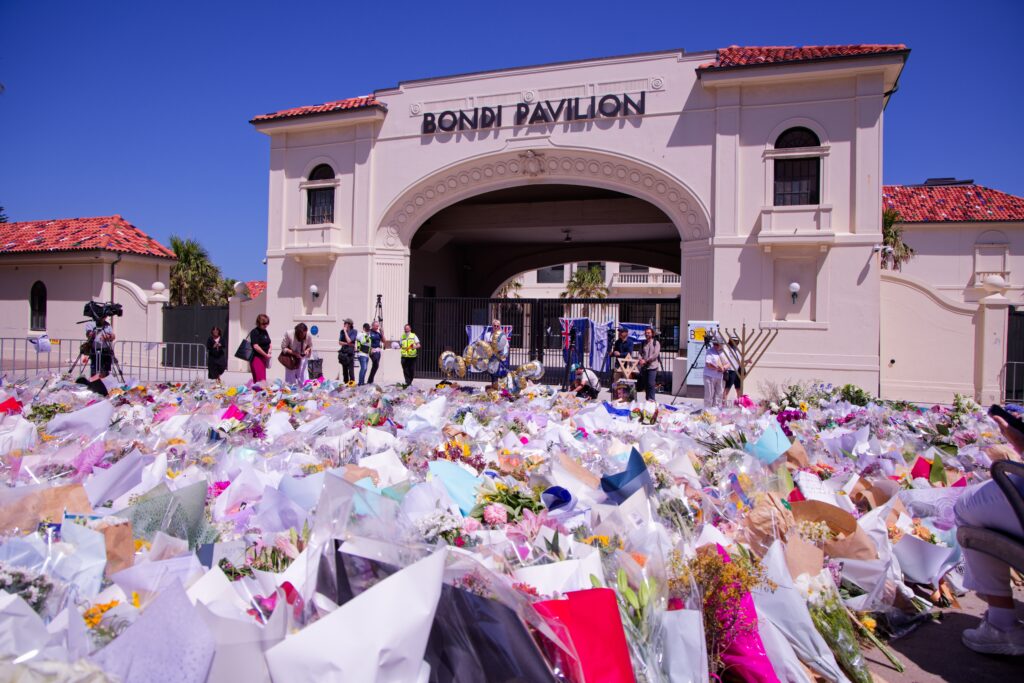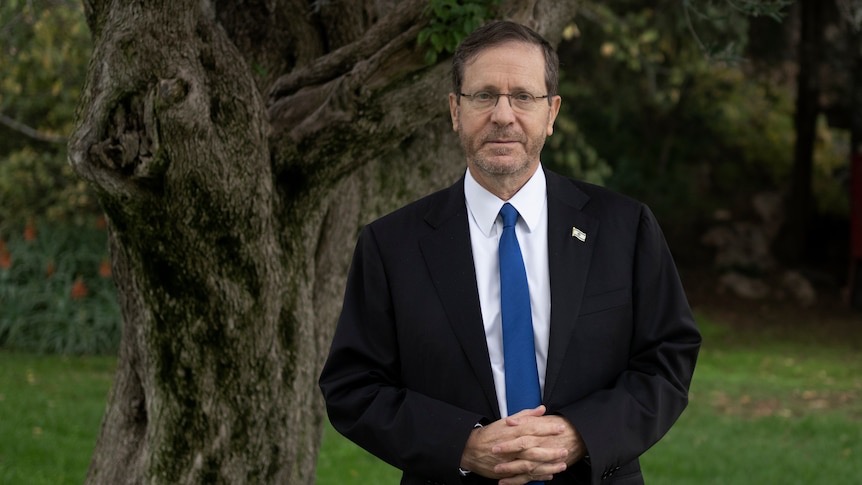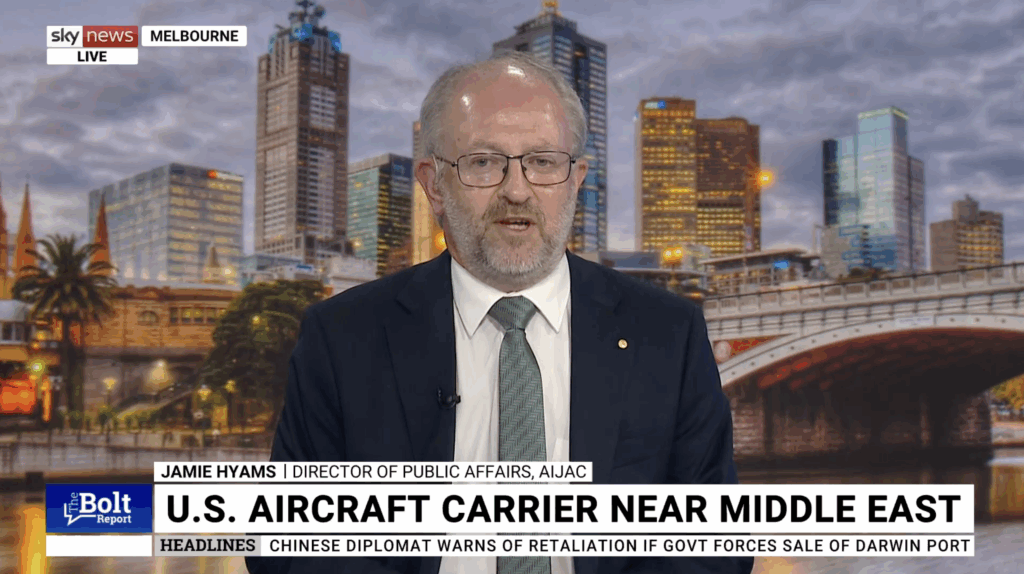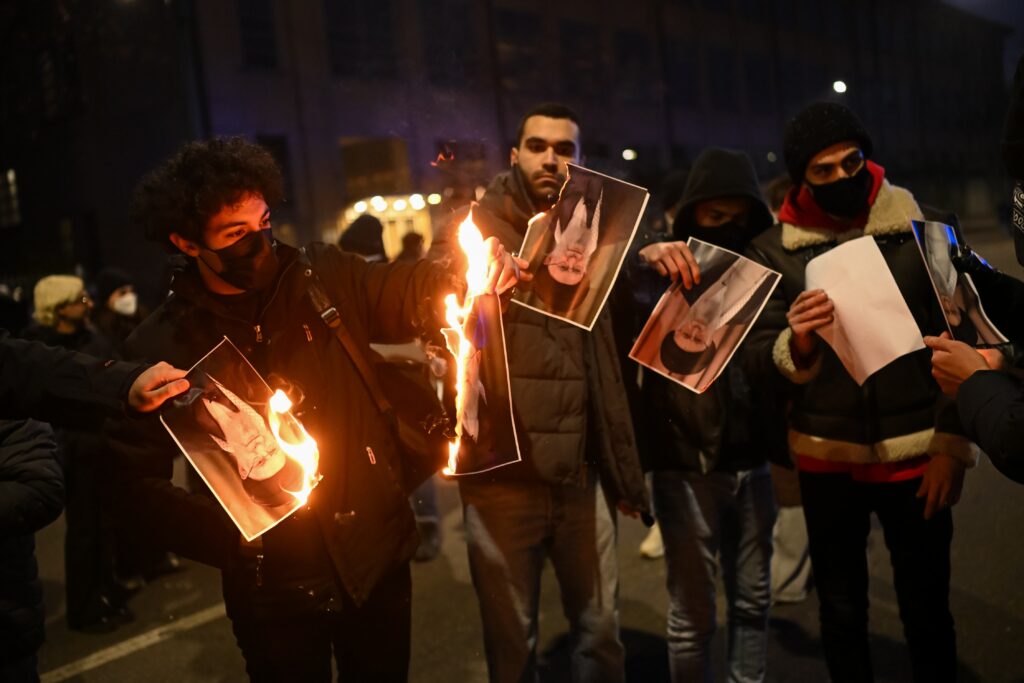UPDATES
Misrepresenting ‘Palestinian Prisoners’
October 18, 2011 | Sharyn Mittelman
Media commentators on the Palestinian prisoner swap deal to free Israeli soldier Gilad Shalit from Hamas have at times wrongly insinuated that there is a degree of moral equivalence on both sides.
For example, in Ruth Pollard’s “Israel names prisoners to be free” on The Age (17/10/2011), she writes:
“For Palestinians, who have at least 6000 loved ones in Israeli prisons, some for serious crimes, some for political activism and many held without charge or trial, the release of 1027 is not enough. Anxious relatives of prisoners gathered in town squares throughout the West Bank at the weekend, holding photographs of family members and praying their names would be on the list of those to be released.”
Given that Pollard states that “many” Palestinian prisoners are being held “without charge” and for “political activism”, it is necessary to understand how the term ‘political prisoner’ is used differently by Israel and the Palestinians, and also what it means to be “held without charge” in Israel.
The Palestinians and some of their more extreme sympathisers regard any Palestinian held by Israel to be a political prisoner, including terrorists guilty of multiple murders. When one sees claims about Israel holding “thousands” of “political prisoner”, this misuse of the term is almost always the source of the claim.
While Pollard is not exactly echoing this definition, her terminology is also problematic, and at best incomplete. Those she describes as convicted only of “political activism” have generally been found guilty of membership of a proscribed terrorist organisation, such as Hamas, or of organising or participating in illegal violent demonstrations or activities. They have broken relevant laws in doing so, and even in Australia, membership in a proscribed terrorist organisation can lead to imprisonment, even without evidence of direct plans to conduct terror attacks. Like Australia, Israel does not jail people for their politics or mere ‘political activism’.
Those held “without charge or trial” are held under administrative detention, a measure designed to prevent planned attacks – especially where the evidence for the planned attack must be kept secret to protect sources. B’tselem, a group highly critical of Israel, states that, as of August this year, 272 out of around 6000 Palestinian prisoners were held under administrative detention – which provides much needed context for the word “many” to describe this portion of the prisoner population. Israel can only hold someone under administrative detention if it is found by a military judge that there is “a reasonable basis for believing that the security of the region or public security” requires it. This status must be reviewed at least every six months, and the determination may be, and frequently is, appealed to a military appeals court and then Israel’s Supreme Court. At all the relevant hearings, detainees are entitled to be represented by legal counsel.
The Israeli Supreme Court has reviewed the laws on administrative detention in a number of cases and found them to be constitutional if used to prevent imminent attack, and not as a punishment, with the relevant safeguards properly observed.
For further information on administrative detention, see the following:
- Israeli legal commentator Ze’ev Segal on what Israeli legal precedents say about the circumstances where administrative detention is permissible.
- Alan Dershowitz on US administrative detentions as compared to Israel.
- Key Israeli Supreme Court decisions on administrative detention (As chapters in two larger pdf documents – here and here).
Sharyn Mittelman
Tags: Israel





